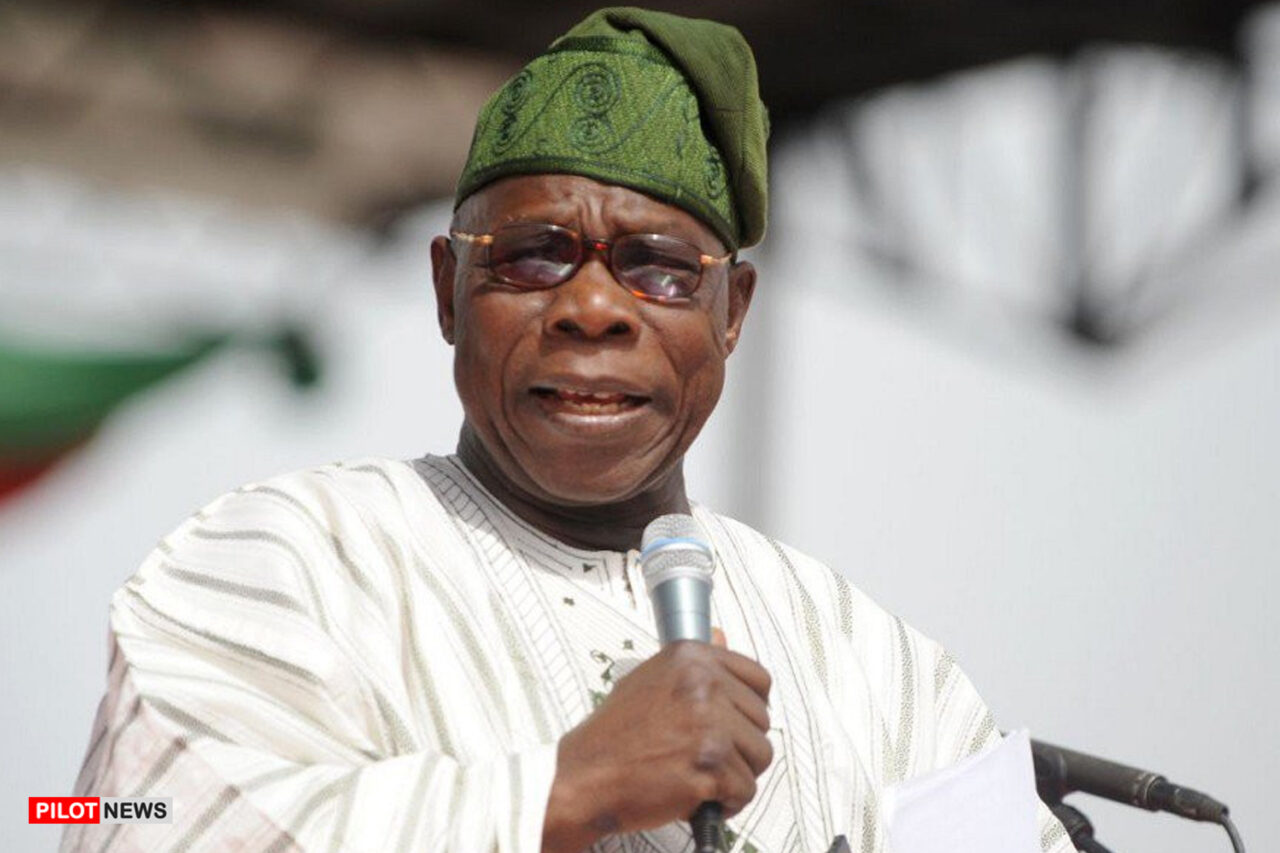ABUJA — Nigeria’s former President, Olusegun Obasanjo on Monday revealed what Boko Haram insurgents told him when he met with them in Maiduguri in 2011.
Obasanjo had visited the family house of late Mohammed Yusuf, the founder of Boko Haram sect in Maiduguri, Borno State.
The visit, however, ended on a bloody note with the murder of Babakura Fugu, the man who received him, and attempted to establish a link between the insurgents and the former President.
Speaking as the chairman of the 2022 annual lecture of the Murtala Muhammed Foundation (MMF) with the theme ‘Beyond Boko Haram: Addressing Insurgency, Banditry and Kidnapping across Nigeria’ on Monday, Obasanjo blamed the current insecurity in Nigeria on access to weapons after the civil war.
He said: “We’re not going anywhere until we take national building seriously. Justice and equity. We must build a society where everyone feels he has a stake.
“The insecurity in the country was caused as a result of the ease to access weapons and since then we have been unable to address the issue; it keeps getting worse.”
The former president said the Boko Haram members whom he met in 2011, aside from making demand for sharia laws, revealed that their members did not have jobs.
Criticising the Nigerian government’s response to the group, he revealed that the group did not have external connection at the time he met with them but the poor handling on the part of the government made the crisis to go out of hand.
“In 2011 when Boko Haram was just showing its ugly head, I went to Maiduguri to try and find out a little bit more about Boko Haram and to also find out what their objective was apart from being interested in Sharia, they also complained that their followers had no job and, in their effort to getting something legitimate efforts to help their members, in the process, the government started chasing them and gunning them down.
“What I feared at that time seems to have been happening.
“At that time, Boko Haram had no much external connections, then, the ones they had would be Nigerians who had resources abroad and were helping them. My fear then was whether we would be able to keep them away from Al-Qaeda and other international terrorist organisations.
“We seem not to have been able to do that which has made the situation worse.”
He further stated that Nigeria is nurturing the Boko Haram of tomorrow if nothing is done about the millions of children that are not in school.
He said, “The Nigerian population today is about 215 million and 15 million children are not in school; it doesn’t matter how we deal with insecurity, either by stick or carrot approach. Those children are the potential Boko Haram 10 years from now.
“If we don’t do anything about those children, we are already nurturing the Boko Haram of tomorrow. We need to look back and reinvent. When you look at some of the things we are doing, then you wonder why we are not succeeding. This is because we are doing the same thing all the time.
“Things that we did the last time that didn’t pay us are the same we are repeating. The idea of treating symptoms rather than the disease will not get us anywhere.
“The disease of Boko Haram and banditry are those things that people expect; they want a good life; they want to get a job; they want education; and they must be given for as long as they are denied these, they will be right to make a demand on society, which it must give to them willingly or unwillingly.”
Latest posts by By Ezinwanne Onwuka (Senior Reporter) (see all)
previous
Supermodel Claims Most Nigerian Men Are Married To Lesbians
next


